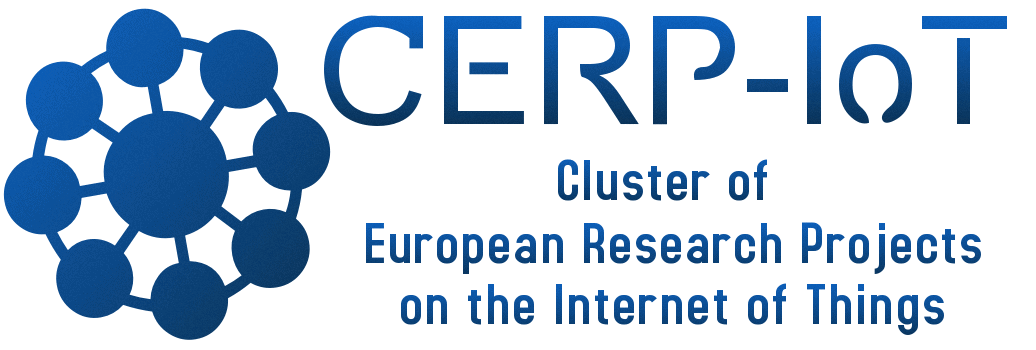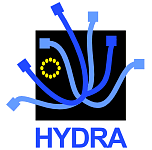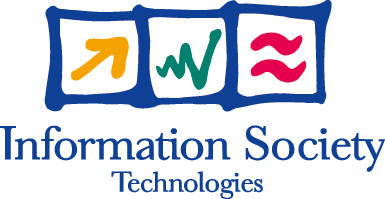Partner: | University of Aarhus - UAAR |
Country: | Denmark |
Type: | University |
Contact person: | |
Website: | |
Key persons:
| Klaus Marius Hansen, Mario Kupries, Goncalo Soares, Jeppe Brønsted, Per Nielsen, Kristian Ellebæk Kjær |
Areas of expertise: |
The
first chapter of the University of Aarhus' history began with the
inauguration of "University studies in Jutland" in Aarhus
Technical College's ceremonial hall on the 11th of September 1928. The
Department of Computer Science is a part of the Faculty of Science. The
faculty’s research efforts are supported both by grants for basic
research from the Danish government and by external sources of funding.
A growing part of the faculty’s research activities are managed via
its centres, and the centres listed are evaluated and financed by the
Danish National Research Foundation, the research councils, the EU, and
a number of private foundations. These centres represent special areas
of strength in the faculty’s research profile. In 2003, the faculty
has 45 professors, 224 associate professors out of a total staff of 729
persons. 3.327 students are registered at the faculty together with 260
PhD students and 73 foreign students. The
object-oriented software systems group and the security group at the
Department of Computer Science will be the participating groups in the
eu-DOMAIN project. The objectoriented software systems group has more
than 25 years of experience in programming languages, programming,
modelling, software architecture, language implementations and software
development tools. The group has been at the forefront of research
within objecttechnology for more than 25 years and has participated in a
range of national and international projects. |
Role in the project: | UAAR
participates in 6 Work packages:
|





 The Hydra project is co-funded by the
The Hydra project is co-funded by the 


